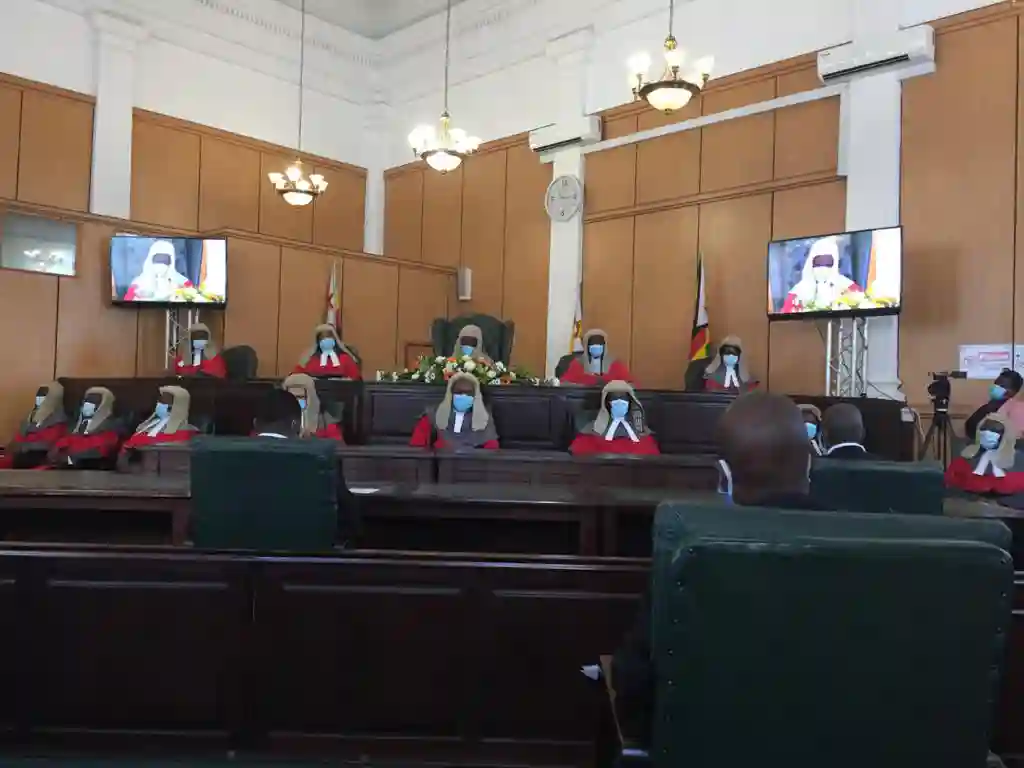The US$400 000 “housing loans” awarded to judges by President Emmerson Mnangagwa’s government have been described by lawyers as “bribes”.
ZimLive reported that the judges were not required to sign loan agreements.
The huge payout for judges follows similar payments to Central Intelligence Organisation directors (US$350 000), MPs (US$40 000) and cabinet ministers (US$500 000). A lawyer who spoke to ZimLive said:
Judges’ conditions of service are constitutionally established. These loans are not part of them.
The fact that this is also coming in an election year has the odour of a bribe.
Giving judges more than they are entitled to is just as bad as giving them less than is due to them. Either way, their independence is interfered with.
They can get a pay rise. And when they do, it must be in terms of an accountable and public process.
Who gets a pay rise in the form of a house? A bribe is far from a pay rise.
The judiciary plays an important role in resolving post-election disputes and political analysts say this year’s elections could be close and disputes are likely to spill over to the courts.
Judicial Service Commission (JSC) secretary Walter Chikwana said he was off duty and was not able to comment when contacted by ZimLive.
In 2021, three High Court judges ruled that Chief Justice Luke Malaba’s term had legally terminated after he turned 70.
However, Mnangagwa pushed through constitutional amendments to keep him in the position for a further five years.
Malaba was Zimbabwe’s Chief Justice when the Constitutional Court confirmed Mnangagwa’s controversial victory in the 2018 presidential election.
More: Pindula News

